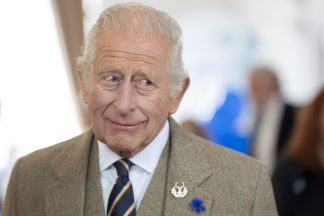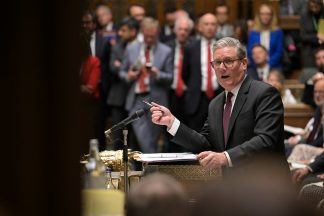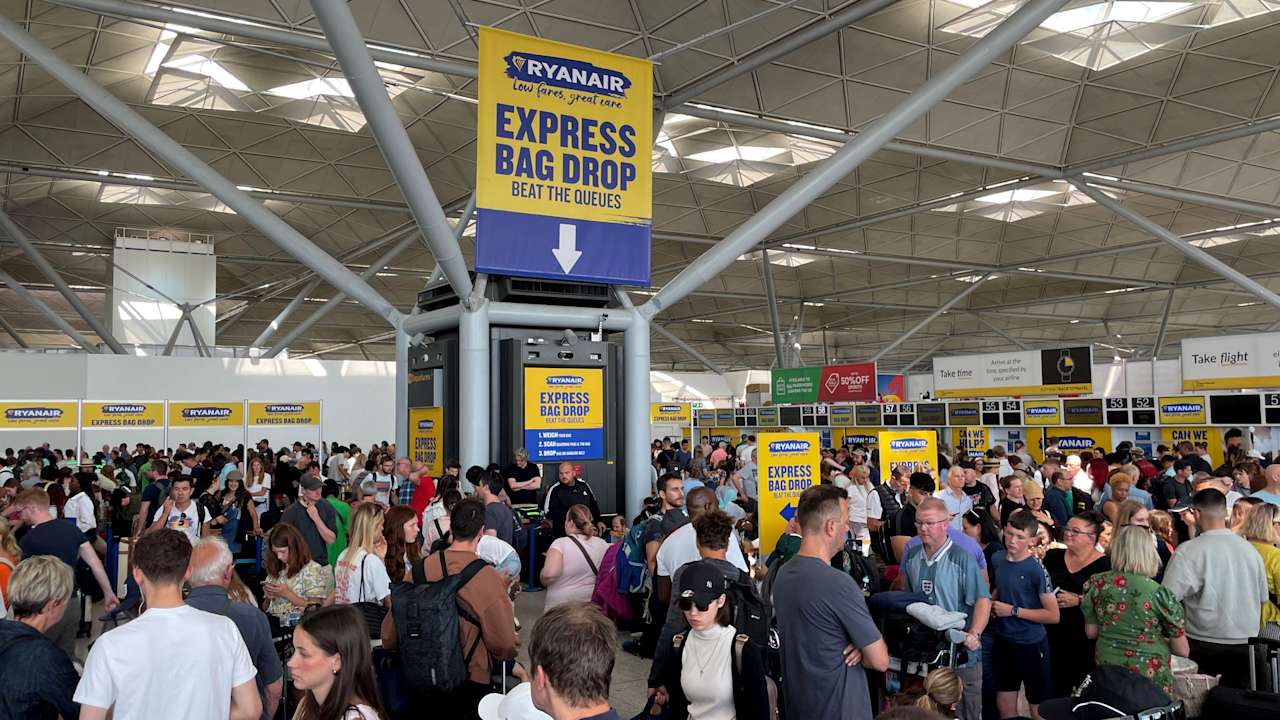The Supreme Court will this week consider a legal challenge by the UK Government over proposed legislation passed by MSPs at Holyrood.
But what’s it all about? Here, STV News explains.
What would the legislation do?
Back in March, the Scottish Parliament unanimously approved two Bills, including one which sought to incorporate the United Nations Convention on the Rights of the Child (UNCRC) into law in Scotland.
In short, it aimed to ensure children’s rights are respected and protected under the law.
The other proposed incorporating the European Charter of Local Self-Government into Scots Law to try and strengthen the status and standing of local government.
So what’s the problem?
Concerns were raised by UK ministers that technical aspects of the proposed legislation could impose legal responsibilities upon them.
The Bills would give Scottish courts extensive powers to scrutinise and interpret primary legislation passed by the UK parliament.
UK Government law officers referred the two Bills to the Supreme Court because they considered them to contain provisions beyond the legislative competence of the Scottish Parliament.
Where does the Supreme Court come into this?
The Bills won’t receive Royal Assent – the process which allows a Bill to become law – until the legal challenge has been considered by the Supreme Court.
Over the course of Monday and Tuesday, the Supreme Court will consider whether the Bills are outside the legislative competence of Holyrood.
What has the reaction been?
First Minister Nicola Sturgeon described the challenge by the UK Government as “jaw-dropping”, adding that the decision was “politically catastrophic, but also morally repugnant”.
Scottish Secretary Alister Jack insisted that the UK Government’s concerns around the Bills were “not based on policy”, and that they had “nothing whatsoever to do with the substance of the Bills”.
But, he insisted that the Scottish Government does not have the power to “constrain the UK parliament in the way that it legislates for Scotland”.
When will we know the outcome?
That’s up to the court to decide, but expect it to take several weeks.
Analysis by Colin Mackay STV News political editor:
The Scottish Government is pushing the boundaries of devolution and the UK Government is pushing back. That’s basically what is going on in the Supreme Court today and tomorrow.
In March MSPs unanimously backed incorporating the charter of the United Nations Convention on the Rights of the Child in to Scots Law. That would ensure standards on children’s rights in every piece of legislation going through the Scottish Parliament.
The concern of the Scottish secretary Alister Jack is that it would also bind the UK Government in to the UNCRC on any Westminster legislation applying to Scotland, making it challengeable in Scottish courts.
It’s only the second time the UK Government has challenged Scottish Parliament legislation in the Supreme Court. The UK Government is first to make its case to judges today, and counsel has widely quoted the court’s previous ruling on the Brexit Continuity Bill, which is not surprising given they won.
In that ruling Lord Reed, now President of the Supreme Court, said the Scottish Parliament was “subordinate to the UK Parliament”.
The Lord Advocate will make the Scottish Government’s case tomorrow. That will be fascinating, not least because it is the first time we will see Dorothy Bain QC in action in her new role.
The First Minister has previously described the UK Government challenge as “morally repugnant” and the Deputy First Minister described the Scottish Government’s approach to the Bill as deliberately “maximalist”.
This has nothing directly to do with the independence debate, except that everything in Scottish politics has something to do with it, because at some point it looks like the Scottish Parliament could back an independence referendum without the transfer of powers which led to the 2014 vote.
That could bring us right back to the Supreme Court, and much quoting of the Law Lords ruling on this case by whichever side wins.
Follow STV News on WhatsApp
Scan the QR code on your mobile device for all the latest news from around the country























